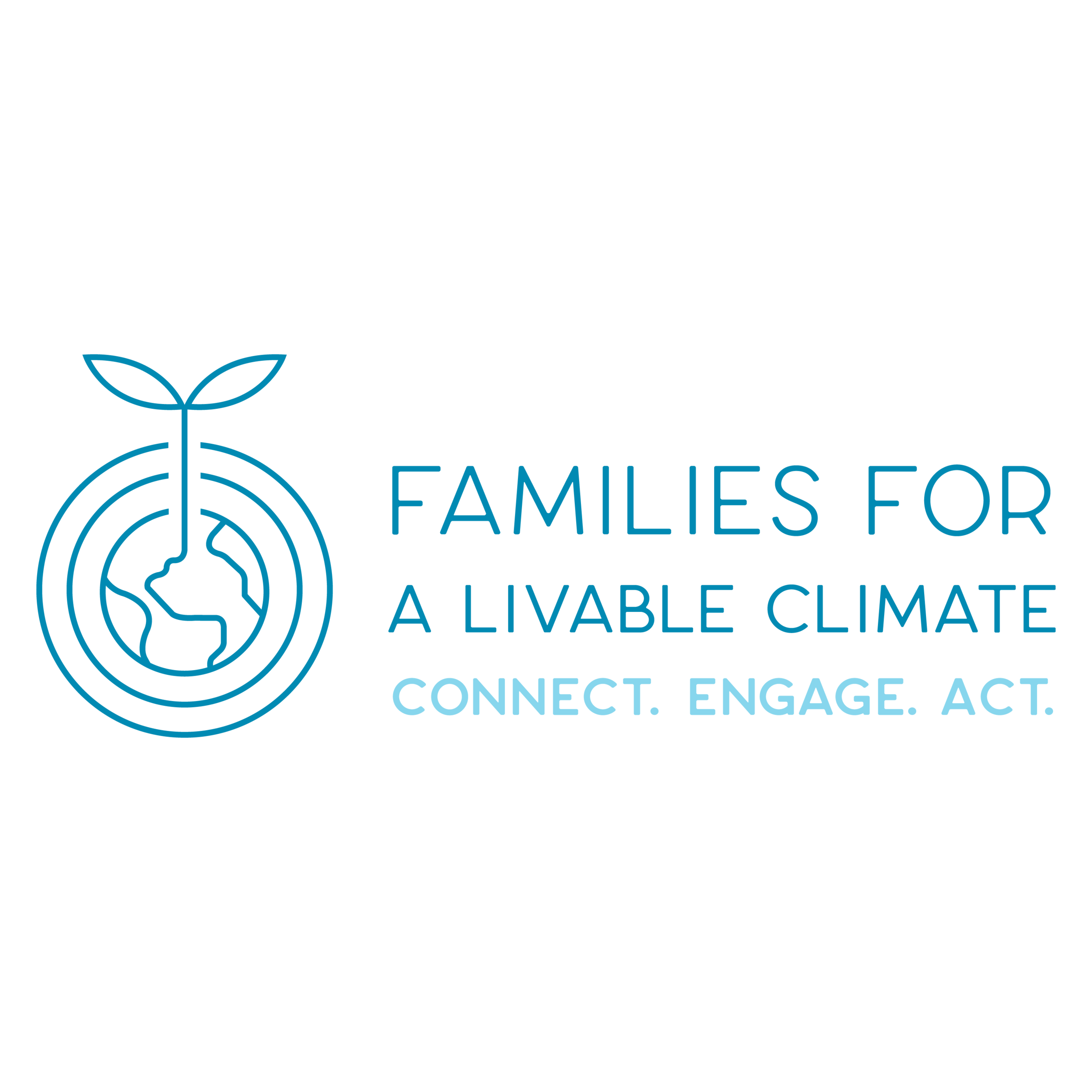8 ways to build momentum for climate action in 2021
We wish you all the best in 2021.
As we rekindle our commitment to a brighter future and share our 2021 Climate Resolutions (you can still share yours!), we understand that systems change must be at the top of the list.
While there are many lists on the internet for reducing your carbon footprint (definitely part of systems change--though sometimes it feels like victim blaming), we urgently need to build momentum for strong climate action in Montana and beyond. Here's our first take on actions to generate connection, action, and momentum for change:
Write down your climate story and share it.
Check out our prompts and write down your climate story: How has climate change impacted your life? Or what changes have you heard about or noticed? What changes concern you the most? What actions would you like take to help ensure a livable future for your family?
Articulating our climate story, or stories, can be a key step for engaging in climate action. Writing our story can help process our concerns and feelings about climate change. It can start conversations with friends or family, open an opinion piece in our local paper, or be part of a public comment. Write it down and then practice sharing it. Sharing our stories creates community and builds courage to transform our world.
Talk about climate change with family and friends regularly.
Don’t know where to start? Try your climate story! Need a bit more support? Join us for a climate conversation on this Friday, January 8 (12 - 1:30 p.m.) or Friday, January 20 (12 - 1:30 p.m.). Before then, you may want to out this amazing TED Talk from climate scientist Katharine Hayhoe, “The most important thing you can do to fight climate change: Talk about it.”
Talk to your kids about climate change.
Our kids’ futures will be impacted by climate change. While difficult, it’s important to talk about it to help them cope with their feelings and empower them through action. (This helps us too.) Don’t know where to start? Try this piece. We’re also excited to dive into How to Talk with Your Kids about Climate Change by Harriet Shugarman, and then gather for a discussion of the book at the end of February or early March. Stay tuned!
Lead climate action in your workplace or your field.
Get inspired by the #engineersdeclare movement, or Law Students for Climate Accountability (offering ways for students, firms and lawyers to take action), or Clean Creatives (powerful pledge and actions for agencies, strategists, and creatives). How could you lead in your field? Join one of our Let’s talk climate. presentations for more inspiration, and courage.
Divest your retirement and other investments from fossil fuels.
Watch our Decarbonize Your Money session from last September, or point your investment person (or yourself) to Fossil Free Funds.
Invest in community.
Donate to support innovative efforts to build a resilient and equitable future, such as Climate Smart Missoula’s Footprint Fund.
Engage in antiracist work.
Racial justice is climate justice. Or, as Annita Lucchesi, executive director of the Sovereign Bodies Institute says:
“Resource extraction impacts more than just the economy and the environment. It can endanger the lives of Native women…It creates this culture of using and abuse…If you can use and abuse the water and land, you can use and abuse the people around you too.”
For more detail on the deep connection between racial injustice and climate injustice, read “Racism is killing the planet” by Hop Hopkins.
We are a White-led organization with much work to do to help dismantle racism. We are committed to doing that work through trainings and readings; as well as listening to and engaging with Black, Indigenous, and people of Color. We recommend the work of Dr. Ibram X. Kendi as a place to start. You could start with this excellent interview that came out prior to the publication of his book How to be an Antiracist.
Prioritize finding courage over finding hope.
There is a lot of emphasis in the climate movement about leading with hope. But, we wonder, as the amazing Mary Annaïse Heglar so aptly puts it in her contribution to All We Can Save:
“We don’t have to be Pollyanna-ish or fatalistic. We can just be human. We can be messy, imperfect, contradictory, broken. We can learn the difference between hopelessness and helplessness. Because what if we’ve been doing the equation backward? What if hope isn’t what leads to action? What if courage leads to action and hope is what comes next?”
Who or what gives you courage?
How can we all cultivate our courage and move toward more action? For inspiration and support, join one of our Parents, Let's talk climate. events. These events are free, and open to everyone.


